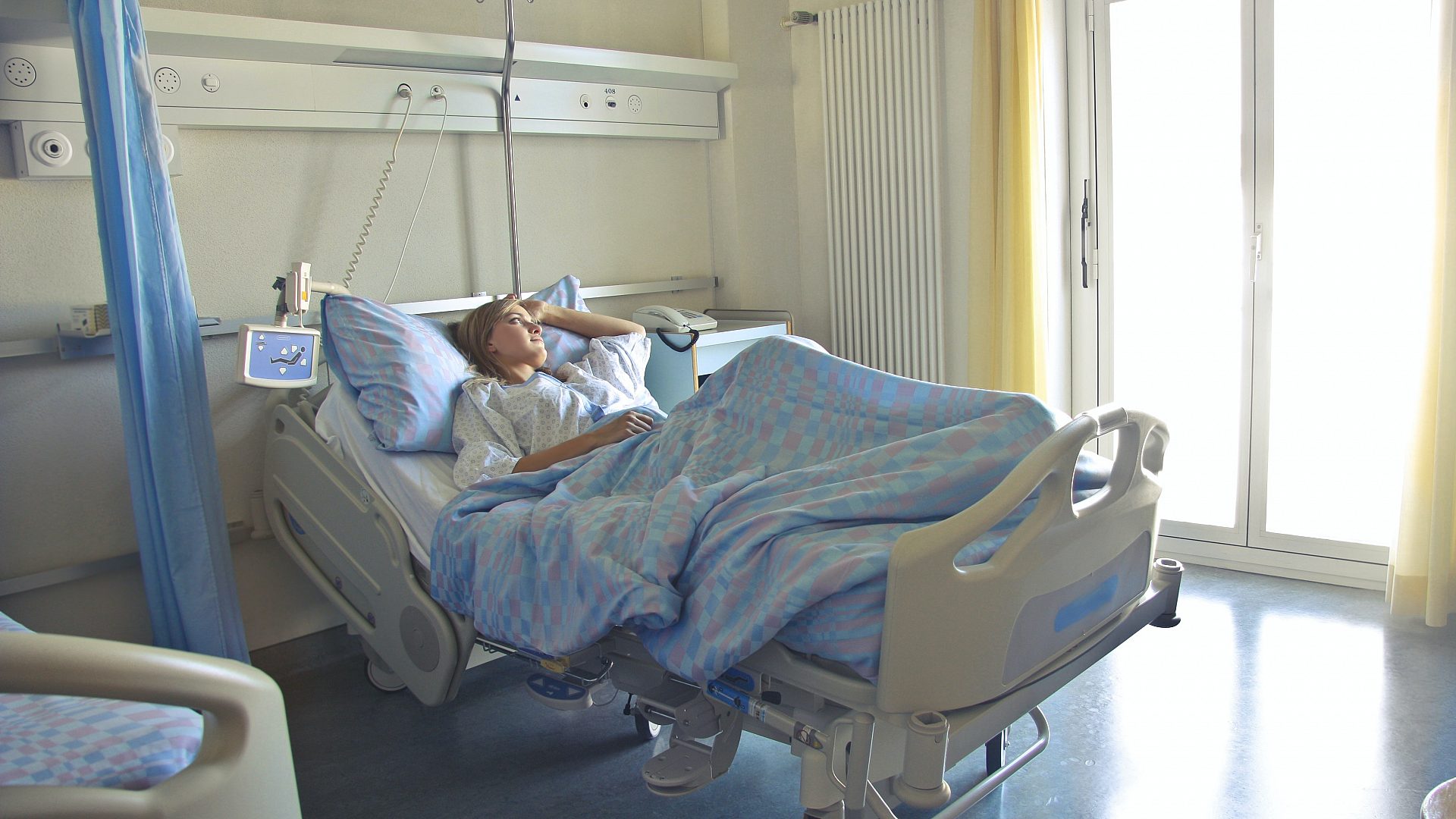
Being able to help people is one of the most amazing feelings a doctor could ever get. To see how thankful your patients are is an affirmation of a job well done. However, difficult patients could be a pain in the ass. Do not let these people put you down. Here are a few tips that could help you deal with difficult patients.
First things first, know that it is not your fault. If patients are angry, these people are not upset with you personally but are frustrated by their unfortunate circumstances. They are most likely in a foul mood and are looking for someone to vent their frustrations on. The best way to handle this is not to absorb their negativity and just continue to treat them with respect and dignity.
Moodiness could be due to several medical conditions such as side effects to medicines or pain. Perhaps you could find the underlying reason for their irritability so that you can alleviate whatever bad thing they are feeling. There might be pathological processes that cause patient pain or distress. Maybe reducing the dose of their medication or giving them an alternative treatment plan could reduce their being passive-aggressive or being mean.
Patients who are upset may provoke you to attend to them first so that they will stop whining. Despite this, do not get off track. Do not be pressured into assisting this kind of patients knowing that they really don’t need your immediate attention. It is always advisable that you check all of your patients’ needs and prioritize them objectively.
There are patients who are just in need of attention. Maybe they feel that nobody cares about them or they think they just don’t matter at all so they become attention seekers. Be patient with them and continue to provide the care and attention they need without compromising other patient’s care. Be kind with all your patients no matter how grumpy they may be.
Every patient wants to feel special so take time to connect and get to know your patient. This way, you can show your concern for them and that they are not just part of your daily routine. Try to talk to their family and have small talks with the patient. Getting to know your patients may make their negative moods go away.
Being acquainted with your strengths and weaknesses especially during difficult situations could enable you to be ready for any tough encounters with your patients. For instance, your strength might be having a good sense of humor and a positive attitude in always keeping things upbeat which would surely help improve your patients’ mood. However, if you are the type who is easily disheartened by negative comments then, you must find a way to regroup first before starting your day at work.
Being tolerant with your difficult patients does not mean you will allow yourself to be abused verbally. Make it a habit not to accept abusive behavior. If a patient continues to be a bully even if you made it clear that their behavior is unacceptable, alert someone like a trusted colleague who can handle them professionally or call for hospital security if you feel a patient is placing you in physical danger.
Each one of your patients deserves the best care possible. It is your role to be able to provide such care to your patients. This includes listening, informing, and involving patients in their care. This could help in their fast recovery as patients do not want to be left out, after all it is their body and life at stake.
There are patients that could be extremely irritating and annoying. If you feel that they have already gotten into your nerves, take a step back, and rethink the matter. Venting out on your patient will not help in making the situation better at all. However, staying calm will relieve your tension and prevent the situation from getting worse. There is no point of pretending that everything is alright as this might cause you further stress and aggravation. The best way to get through this is to pause, get some air, and take a deep breath. Try to collect your emotions and calm down.
Most doctors chose that profession because they want to help people and save lives. In order to achieve these goals, you must always be empathetic towards your patients. They do not only need your medical expertise but your emotional support as well. This responsibility could be quite difficult to handle especially when the situation becomes tough. Always remember that dealing with different types of patients will help you grow to become a successful doctor.